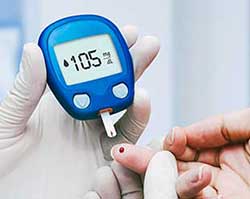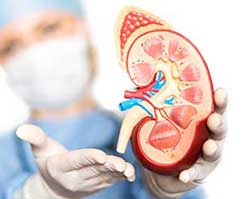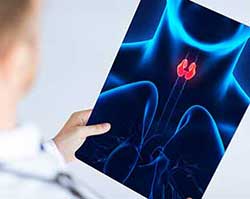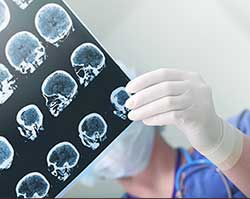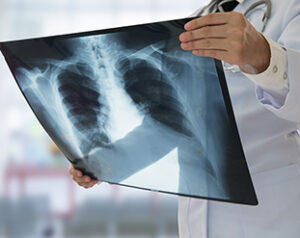Consult City's Top Doctors, The Minute You Need To
First Consultation starting
@ ₹349 ₹599
4044
Cardiologists
62114
Cases done
by Cardiologists
1564
Hospitals
All you need to know: Stable angina
About
Angina is a type of chest pain that results from the reduced blood flow to the heart. The pain is often triggered by physical activities or emotional stress.
Stable angina is not usually life-threatening, but it's a warning sign that the patient could be at risk of a heart attack or stroke. [1]
- Requires a medical diagnosis
- Electrocardiogram required to measure electrical activity in the heart
- Lab tests or imaging such as X-ray often required
- Angiography required
- Blood tests required
- Treatable by a medical professional
Stable angina, also called angina pectoris, is the most common type of angina. Stable angina occurs when the heart muscles don't get enough oxygen to function properly. The heart works faster while exercising or experiencing emotional stress. Atherosclerosis, narrowing of arteries, can prevent the heart from receiving more oxygen. Blood clots can also block arteries and reduce the flow of oxygen-rich blood to the heart.
Symptoms
- Nausea
- Shortness of breath
- Fatigue
- Dizziness
- Profuse sweating
- Anxiety
- Aching
- Discomfort
- Feeling fullness in the chest
- Pressure
- Heaviness
- Squeezing
Treatment
Self-Care:
- Exercise regularly.
- Eat a healthy diet of whole grains, fruits, and vegetables.
- Quit smoking.
Medication:
- Doctors may prescribe you medications to manage underlying conditions that contribute to stable angina, such as high blood pressure, high cholesterol, or diabetes.
- Doctors may also prescribe blood-thinning medication to prevent blood clots.
Specialist: Get the condition checked by a specialist to get it treated properly. At Mfine, we provide profound treatment so that you can get a healthy body.
Other Specialities
Give a missed call to 08061914343 to Download the App










